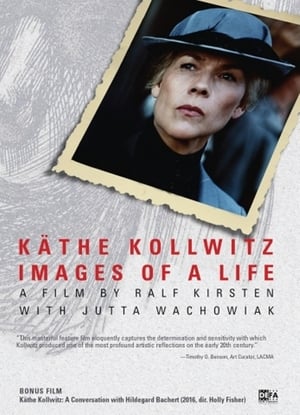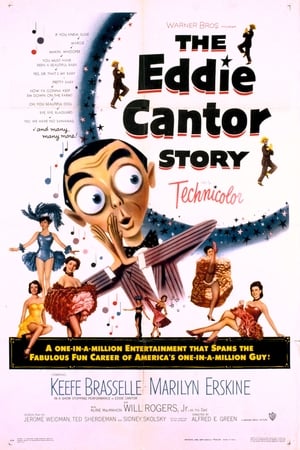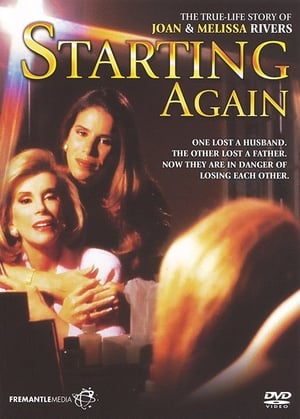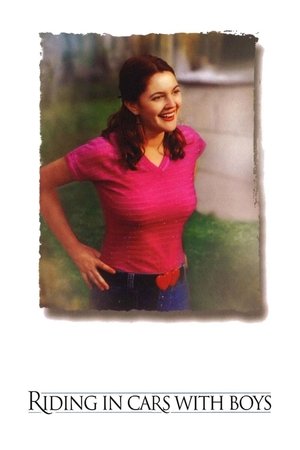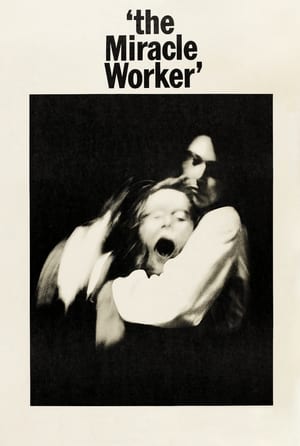Overview
The Newlyn School of artists flourished at the beginning of the 20th Century and the film focuses on the wild and bohemian Lamorna Group, which included Alfred Munnings and Laura and Harold Knight. The incendiary anti-Modernist Munnings, now regarded as one of Britain's most sought-after artists, is at the centre of the complex love triangle, involving aspiring artist Florence Carter-Wood and Gilbert Evans, the land agent in charge of the Lamorna Valley estate. True - and deeply moving - the story is played out against the timeless beauty of the Cornish coast, in the approaching shadow of The Great War.
Reviews
**A true feeling or a genius, who would you choose among them to be your life partner!**
Biographical films do their job depicting the real events, but the way they were transformed to the screen matter a lot, This one was decent as a film, but as a someone's real story I was impressed. I learn about the world and its famous people by watching films. I did not know this person, so thanks to the film. It centres on the three people as seen them on the poster, but mostly Florence's perspective that beautifully played by Emily Browning. She was introduced by her brother to his circle where she develops a true feeling for one and later decides to marry another for the different reason. The remaining film narrates her life falling apart and can she make it all right to the end.
Being a biopic is what its strength, but the story is another version of many films and the people around us. The cast was great, but Emily Browning was on the top of the show. Shot in beautiful places, and I loved the background score. These things make it worth a watch, but if you are interested in the art and artists, you might enjoy it well. If you decide to watch out of the interest, make sure you keep low expectation, especially for the final part. Because people are disappointed how it ended than what it revealed. In a biopic they can't change just to please the viewers, instead the viewers have to learn to accept the truth.
My issue was the filmmaking, I was not that impressed with that. It was adapted from a book of the same name, but the film narrated only a few years of the life of Florence. Especially around her romance and marriage life, prior to that events are not known. So that makes the story too familiar compared with the other films. It should have improved a bit with the additional details out of the original source. A small research would have helped them on that. Other than that this film was quite interesting with some unexpected development in the important portion. So it can be watched once, but you won't remember for a long.
6/10

 101 min
101 min
 5.357
5.357
 2013
2013
 United Kingdom
United Kingdom
 Reno wrote:
Reno wrote:






